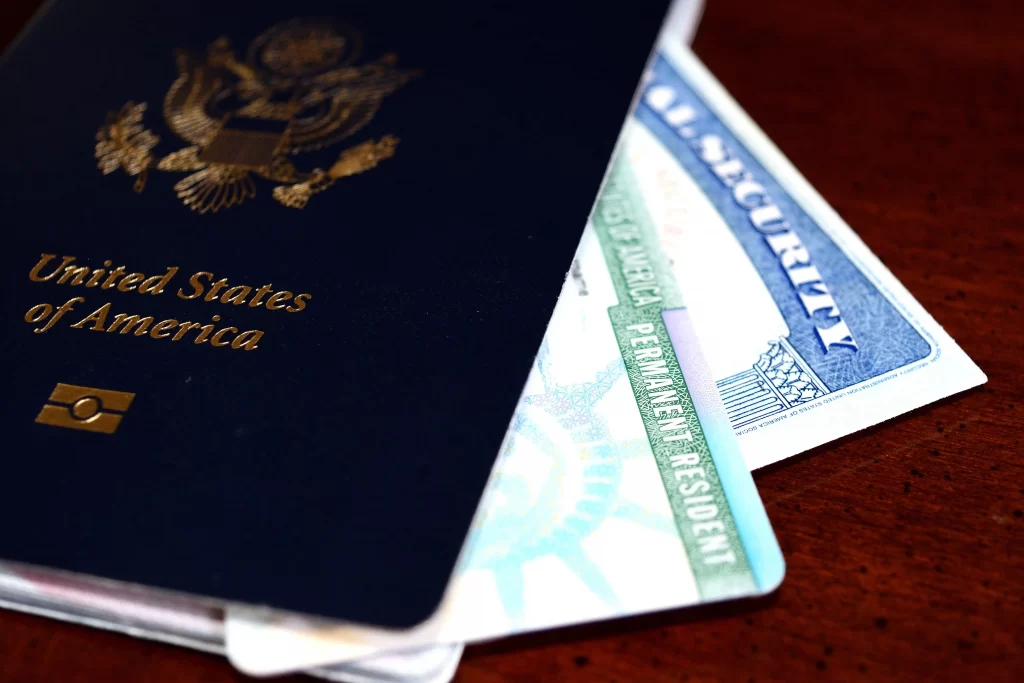Blog
Related Articles

Inmigration laws
How to Apply for a VAWA Visa Under Donald Trump's Administration in 2025
With Donald Trump's return to the Presidency of the United States, one of the biggest concerns in th...
 María Mendoza
María Mendoza
Published: April 4, 2025

Inmigration laws
Risks related to using US citizen documents being an immigrant
These risks are not just related to using US citizen official documents to enter the country but als...
 María Mendoza
María Mendoza
Published: April 10, 2023

Inmigration laws
How to obtain legal migratory status through a US citizen son or daughter?
US citizen son or daughter parents can struggle to obtain legal migratory status. Many people have a...
 María Mendoza
María Mendoza
Published: March 1, 2023

Inmigration laws
Important Update on Parole for Spouses of U.S. Citizens
¡Hola, mi gente! I want to share exciting news about the recent updates in the executive order...
 María Mendoza
María Mendoza
Published: June 19, 2024

Inmigration laws
Reasons that make it difficult to regularize migratory status if entered the US unlawfully.
The I-601A pardon is the process in which the US must be exited to regularize migratory status if en...
 María Mendoza
María Mendoza
Published: October 26, 2023